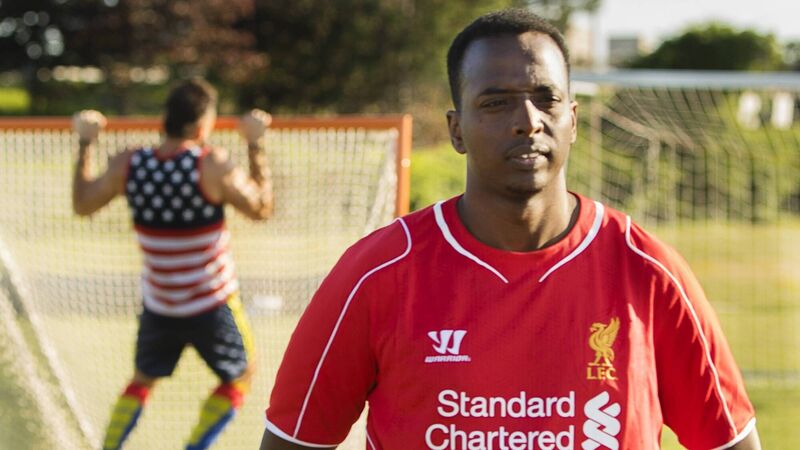Maeve Higgins: 'This is America, and skin colour is what we can go by'

Abdi Nor Iftin was born in Mogadishu and won a place in the US green card lottery, allowing him to move to Maine. Picture: Carl D Walsh/Portland Portland Press Herald/Getty Images
Since moving to the US in 2014, Abdi Nor Iftin has indeed made an extraordinary life for himself.












